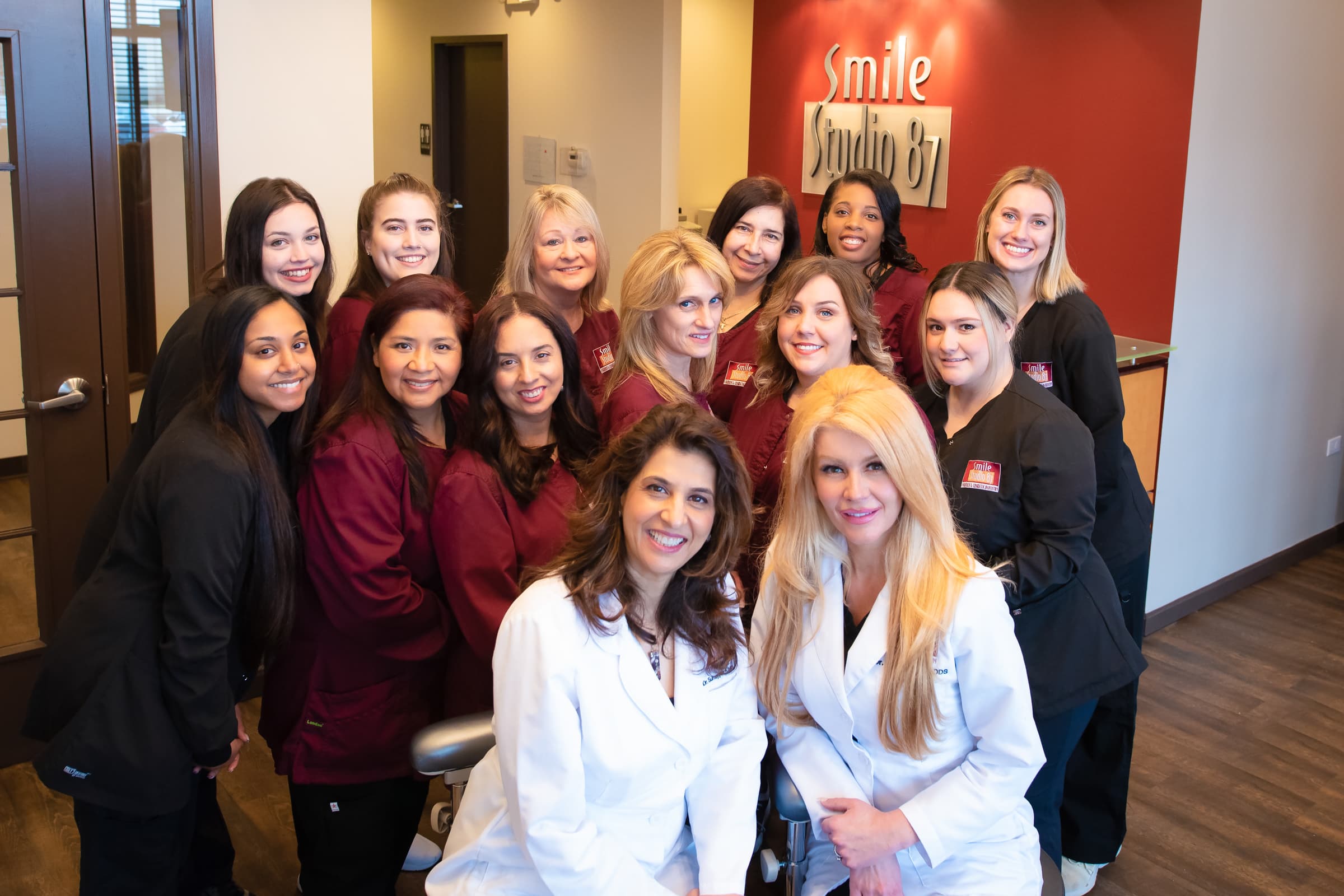Your Dental Questions Answered
Have questions about dental treatments at Smile Studio 87? Our FAQ section provides detailed answers to the most common queries our patients have. Dr. Sumayyah Khan and Dr. Maja Sukovic are here to ensure you feel fully informed and confident about your dental care decisions.
Dental Implants
All you need to know about the benefits and process of getting dental implants.
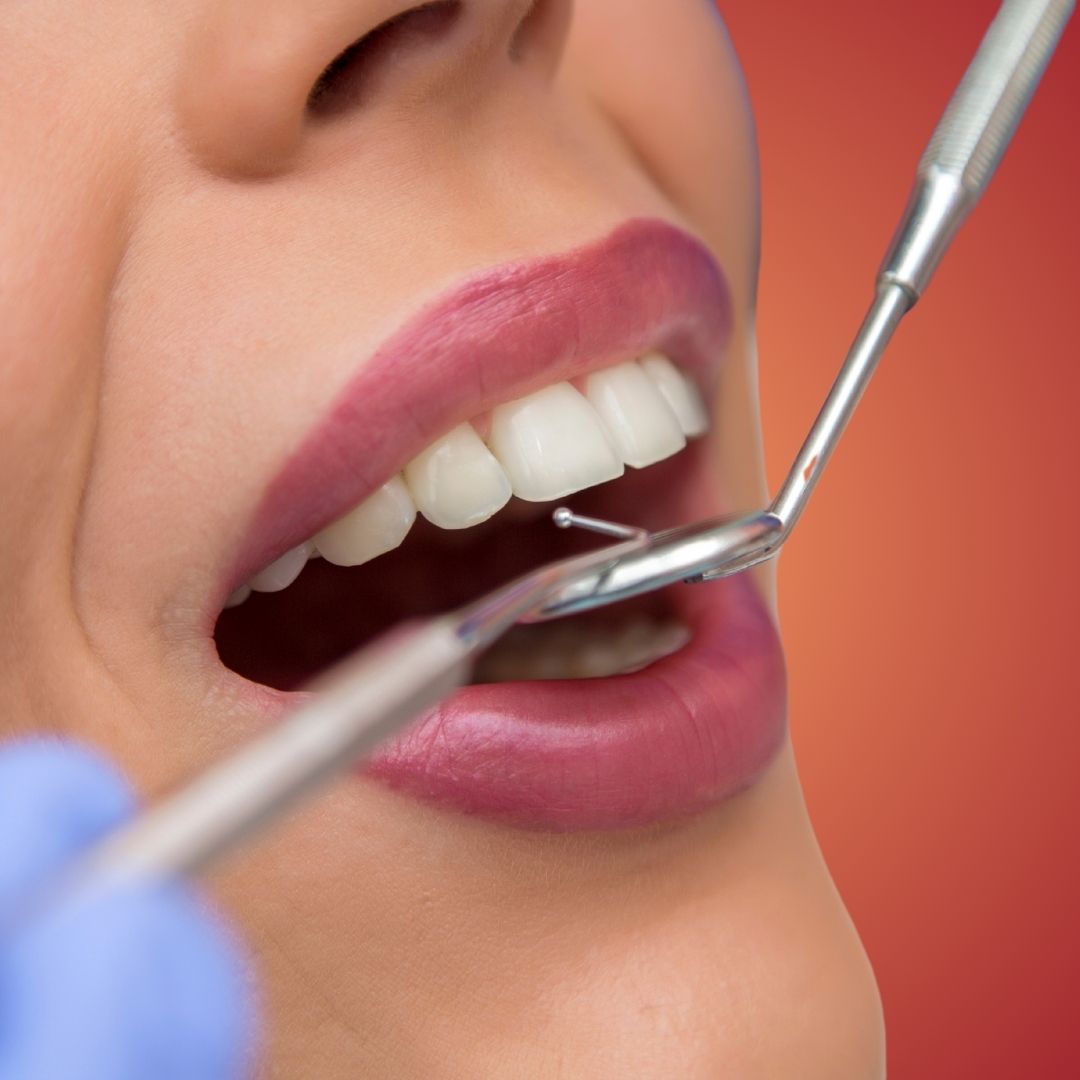
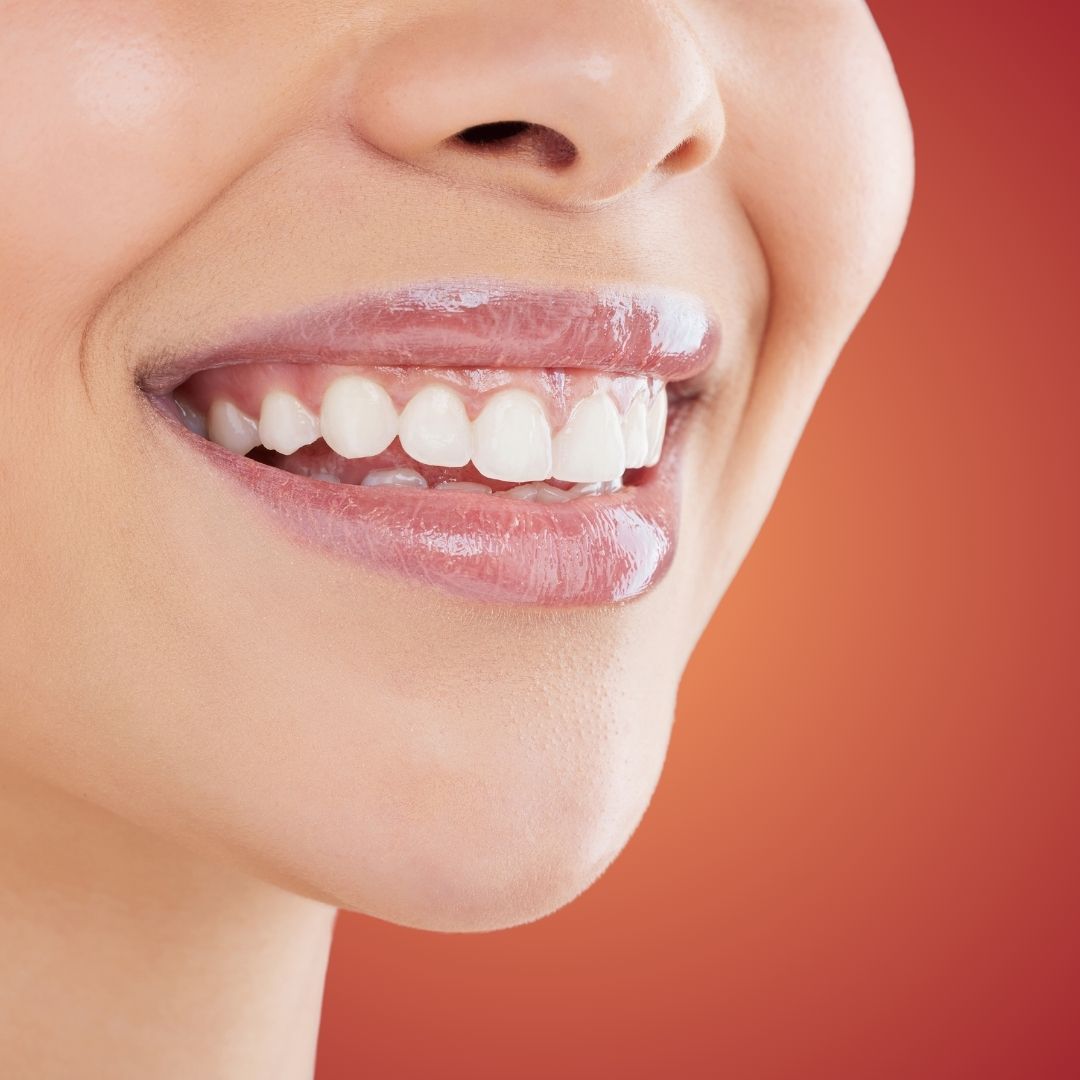
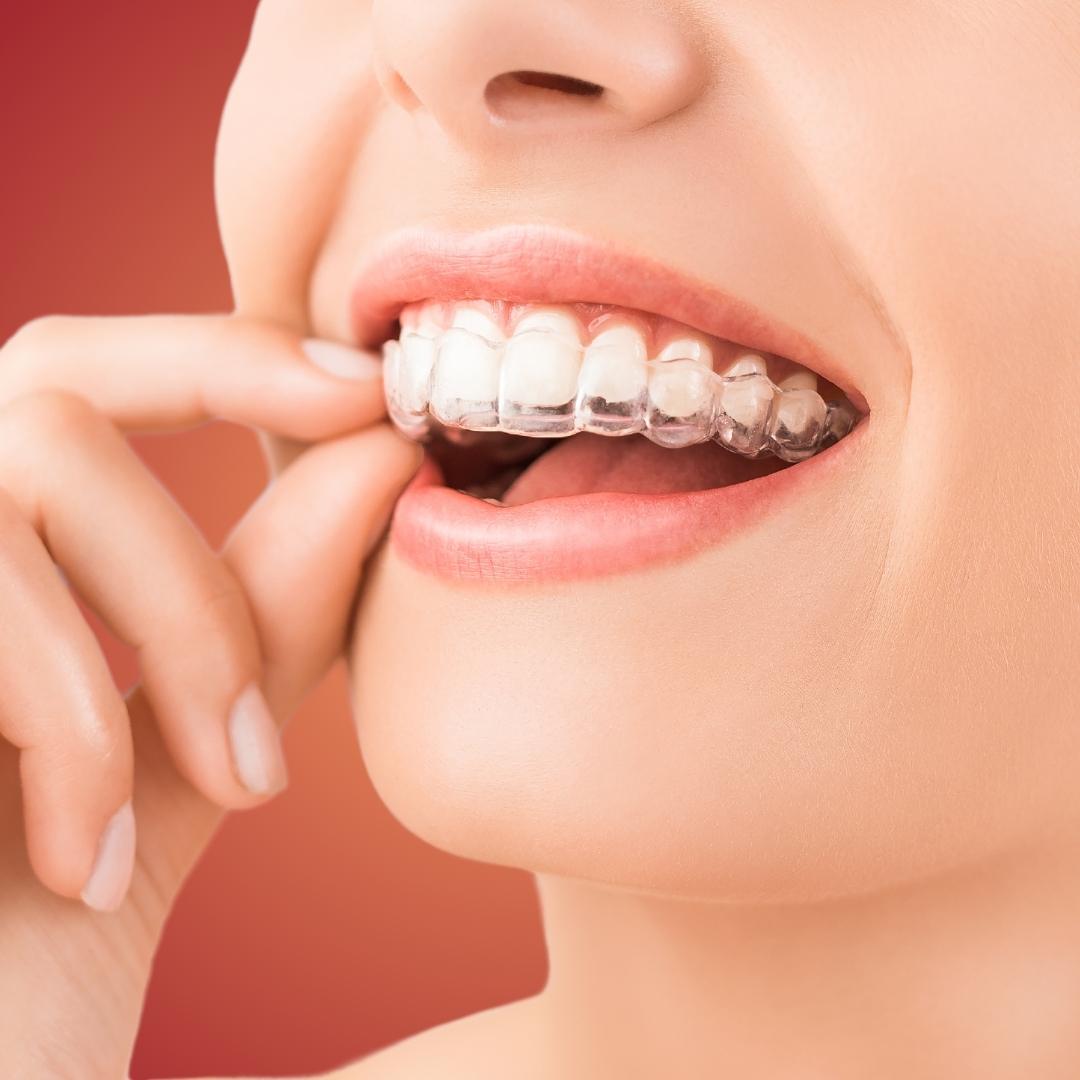
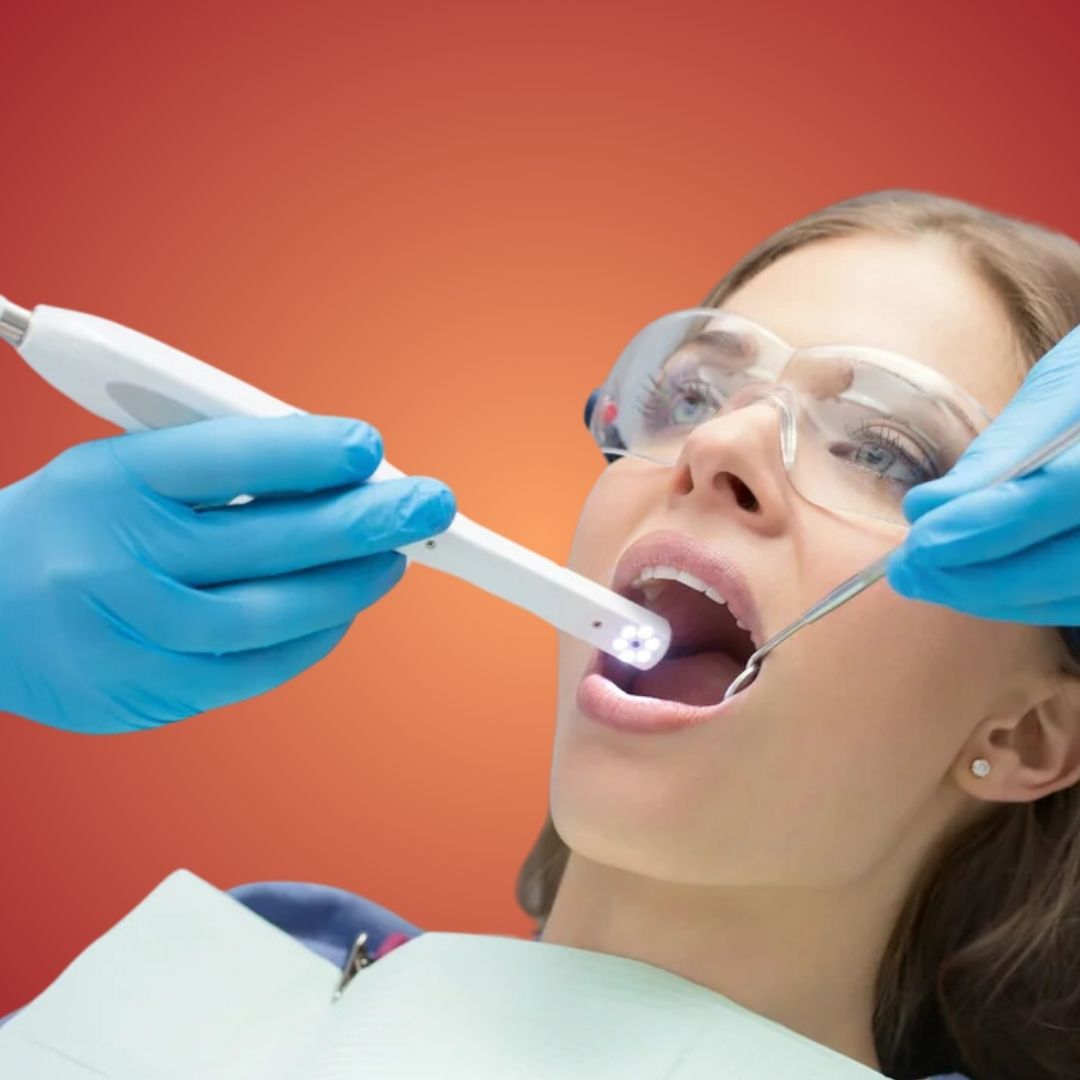
Dental implants offer significant benefits beyond aesthetics. They restore your ability to chew and speak effectively and prevent bone loss in the jaw, a common consequence of tooth loss. By mimicking your natural tooth root, implants stimulate the jawbone, maintaining its integrity and the stability of adjacent teeth.
A thorough evaluation of your mouth and jawbone is necessary to determine your suitability for implants. This assessment includes reviewing your medical and dental history and ensuring adequate bone density. If needed, bone grafting might be recommended to provide sufficient support for the implant.
Dental implants are designed for longevity, often lasting a lifetime with proper care. Regular oral hygiene and routine dental visits are essential to maintain the implant and the health of your mouth. Although the implant itself is permanent, the restoration may require replacement due to normal wear.
Almost anyone missing one or more teeth and in general good health is a candidate for dental implants. However, those with certain dental conditions, such as gum disease, must receive treatment before implant placement. A comprehensive dental exam will confirm your eligibility.
Caring for your implant involves the same practices as caring for natural teeth: daily brushing and flossing and regular dental check-ups. These practices help prevent gum disease and ensure the longevity of your implant.
While some general dentists are trained to place implants, it’s crucial to choose a practitioner who has specialized training and experience with implant procedures, such as an oral surgeon or a periodontist. These specialists ensure the highest standards of care.
The number of appointments for implant treatment varies depending on several factors, including the number of implants, your oral health, and the specific procedures involved. Your treatment might span several months to a year, during which your dentist will keep you informed of progress and timelines.
The success rate of dental implants typically ranges from 90% to 95%, depending on factors like your overall health, oral hygiene practices, and the expertise of your dentist.
The cost of dental implants can vary widely based on the specifics of your case, including the number of implants needed and any preparatory procedures. After an initial consultation, your dentist will provide a detailed estimate. Many insurance plans offer some coverage for implants, and we advise checking with your provider.
Sedation dentistry involves using sedative medications to ensure patients remain comfortable and calm during dental procedures. It’s particularly helpful for individuals with dental anxiety, helping them relax effectively during treatment. Our team at Smile Studio 87 will work closely with you to select the most appropriate type of sedation based on your specific needs.
Sedation dentistry is ideal for patients who experience anxiety or fear about dental visits, have had traumatic dental experiences, or have specific physical sensitivities such as a strong gag reflex or sensitivity to dental noises. It’s also beneficial for those undergoing extensive dental procedures that require long sessions.
Patients typically experience no pain during their dental treatments under sedation. Alongside sedative medications, our dentists use topical anesthetics to numb the treatment area, ensuring a pain-free experience throughout the procedure.
Most patients remember little to nothing of their treatment under sedation dentistry. While you might be awake and able to respond during the procedure, sedation typically induces a state of deep relaxation that makes you feel as if you’ve slept through the treatment.
Sedation dentistry is very safe. At Smile Studio 87, our dentists thoroughly review your medical history to choose the safest sedation option for you. We also monitor you closely throughout the treatment to ensure your safety and comfort.
We offer various types of sedation, including:
- Nitrous oxide (laughing gas)
- Oral sedation
- IV sedation
- General anesthesia (hospital sedation)
- Local anesthesia
Conscious sedation means you will be awake and responsive but in a relaxed state. It helps manage pain and anxiety, allowing you to feel comfortable and detached from the procedure. Common forms include nitrous oxide, oral sedation, and IV sedation.
Oral sedation is administered through a prescribed pill taken before your dental appointment. It eases you into a state of deep relaxation, ensuring comfort throughout your treatment. Please arrange transportation as you will not be able to drive afterwards.
Nitrous oxide, commonly known as laughing gas, is a mild sedative that is inhaled through a mask. It helps you relax quickly and the effects wear off soon after the mask is removed, allowing you to drive yourself home post-appointment.
IV sedation involves administering a sedative directly into your bloodstream, providing rapid relaxation. It’s important to have someone drive you home and stay with you for a few hours post-treatment as the sedation wears off.
Hospital sedation, or general anesthesia, puts you completely to sleep, making it suitable for extensive dental work or for patients who cannot be treated under lighter sedation. It’s often recommended for young children or individuals with special needs.
Yes, sedation dentistry can be a great option for children who feel anxious about dental visits. We provide various sedation levels, from nitrous oxide to general anesthesia, tailored to your child’s comfort and safety.
While sedation dentistry doesn’t cure dental phobia, it can make dental visits more bearable and less stressful, potentially reducing anxiety over time. We are committed to helping you manage dental anxiety and make each visit as comfortable as possible.
Invisalign clear aligners are an innovative orthodontic solution designed to straighten teeth discreetly using custom-made, transparent plastic aligners instead of traditional metal braces. This method offers a less noticeable, more aesthetic alternative for improving your smile.
Invisalign treatment begins with a precise digital scan of your mouth, from which a custom treatment plan is developed to address your specific dental alignment issues. Our dentists provide a series of aligners that gradually shift your teeth into their correct positions, with each set worn for about one to two weeks before progressing to the next.
Invisalign offers several advantages over traditional braces:
- Virtually invisible appearance
- Removable for easy eating, brushing, and flossing
- Free from metal brackets or wires to minimize irritation
- Tailored to fit snugly and comfortably in your mouth
Invisalign is suitable for teenagers and adults seeking a less noticeable method of orthodontic treatment. It effectively addresses various alignment and spacing issues, making it a popular choice for those who prefer a discreet alternative to braces.
Your Invisalign journey starts with a consultation at our office, where we assess your eligibility for the treatment and discuss your goals. After mapping out your digital treatment plan, we’ll fabricate your custom aligners. You’ll need to wear these aligners for 20-22 hours daily, changing to a new set as directed until your teeth reach their desired positions.
The cost of Invisalign treatment varies based on the complexity of your case and the number of aligners needed. While similar in price to traditional braces, most dental insurance plans cover Invisalign, and we offer various payment options to accommodate your financial needs.
Invisalign aligners are designed to blend seamlessly into your life. They are nearly invisible and removable, allowing you to eat, brush, and floss with minimal disruption. This convenience makes Invisalign an ideal solution for maintaining your lifestyle during orthodontic treatment.
Invisalign treatment involves minimal discomfort, primarily during the initial days of wearing a new aligner set. This mild sensation typically subsides as your teeth gradually adjust to their new positions.
Maintaining your Invisalign aligners is straightforward. Clean them daily using the Invisalign cleaning system or by gently brushing and rinsing them in lukewarm water. Avoid hot water, which can warp the aligners, and do not eat, drink, or chew gum while wearing them.
If an aligner breaks or is lost, contact our office immediately to discuss whether you should move to the next set or require a replacement. It’s crucial to maintain the treatment schedule to ensure optimal results.
Invisalign is compatible with other dental treatments, including braces, veneers, and crowns. We can tailor your Invisalign treatment to work in conjunction with these treatments, adjusting as necessary based on your dental history.
Upon completing your Invisalign treatment, we will provide you with a retainer to ensure your teeth maintain their new positions. Regular wear of your retainer is essential to prevent your teeth from shifting and to stabilize your smile long-term.
Wisdom teeth symptoms can vary, but common issues include crowding of nearby teeth, tenderness, jaw pain, and the development of cavities. Some individuals might also experience sinus problems due to insufficient space for these teeth to erupt properly. Wisdom teeth typically begin to emerge between the ages of 18 and 24.
The cost of wisdom teeth removal varies based on the complexity of the case. We recommend scheduling a consultation at our clinic, where one of our experienced dentists can provide you with a personalized estimate based on your specific needs.
Yes, we provide sedation options for wisdom teeth extractions to ensure your comfort during the procedure. IV sedation is commonly used, allowing you to sleep through the surgery with numbing effects lasting for about 8-10 hours afterward. A review of your medical history will be conducted prior to sedation to ensure it is administered safely.
After wisdom teeth removal, it’s normal to experience some swelling and bruising around the affected area. These symptoms typically subside within a few days. Pain medication and ice packs can help manage any discomfort.
Recovery time after wisdom teeth removal can vary, but most patients fully recover within 7-10 days. It’s advised to avoid smoking and drinking for at least two days after surgery and refrain from strenuous exercise for 3-4 days to ensure proper healing. For detailed guidelines on how to manage your recovery and care for your mouth post-surgery, please review our Post-Op Instructions for Tooth Extractions.
Several factors can lead to your teeth becoming dull, stained, or discolored:
- Age: As you age, enamel wears down, revealing the darker dentin beneath.
- Smoking and Tobacco Use: These habits are major contributors to teeth staining.
- Diet: Consuming foods and beverages like tea, coffee, soda, and wine can stain teeth.
- Medication Side Effects: Certain medications can discolor teeth.
- Genetics: Natural variations in tooth color can be inherited.
- Fluorosis: Excessive fluoride consumption during teeth development can cause discoloration.
Professional teeth whitening offers more effective, faster, and safer results compared to over-the-counter products. For instance, in-office treatments at Smile Studio 87 can significantly brighten your smile in just one hour, ensuring optimal results under controlled conditions.
At Smile Studio 87, we offer both in-office and take-home teeth whitening solutions:
- In-Office Whitening: Our Zoom whitening treatment can dramatically lighten your teeth several shades in about one hour.
- Take-Home Whitening Systems: These allow you to maintain your results at your convenience. Also, inquire about our “Forever Whitening Club” during your visit to continue enhancing your smile.
It’s common to experience some teeth sensitivity following in-office whitening treatments. We minimize discomfort by applying a fluoride treatment beforehand or recommending that you use a desensitizing toothpaste afterward. For further guidance on how to care for your teeth after whitening and to ensure the best results, please review our Post-Op Instructions for Teeth Whitening.
Schedule Your Smile Studio 87 Experience
Schedule Your Smile Studio 87 Experience
Providing an exceptional experience for our patients and giving them a reason to smile—book your visit today.
